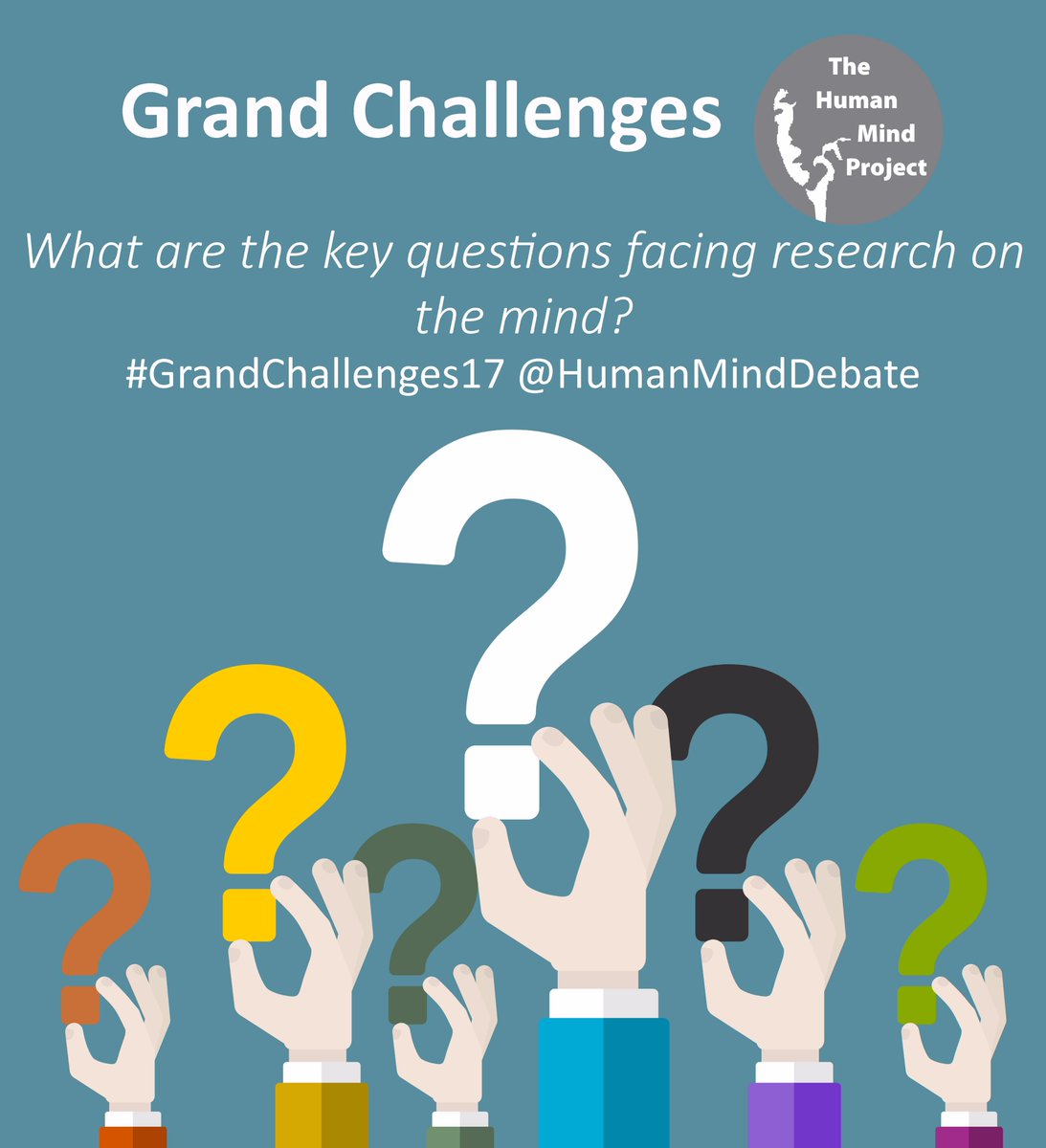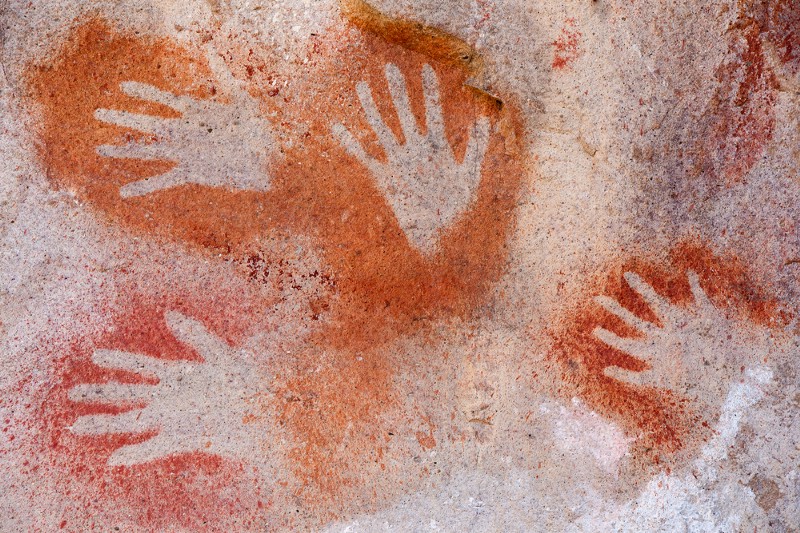Public Consultation
22 May – 22 June
What are the key questions facing research on the mind? The Grand Challenges Public Consultation is an invitation for people across the higher education sector, and beyond, to contribute to the life and activity of The Human Mind Project.
Our Grand Challenges exercise is the first of its kind to be conducted across the mind and brain sciences. The public consultation asks academics, students, and practitioners, for your perspectives on what the critical questions in the study of the mind are.
We will take the results of the consultation to an interdisciplinary group of 120 experts and participants at The Human Mind Conference in Cambridge in June 2017. In two group workshops, we will draw out the innovative content and criteria behind your responses. From your contributions to the Grand Challenges, we will produce a series of recommendations on how funders can best design and support new styles of interdisciplinary research on the mind.
Take part in our Grand Challenges by answering the questions below.
1) What important questions about the mind are raised in your work or research?
2) What new questions about the mind do you think are key for the future of your work or research?
Thank you to everyone who took part in our Grand Challenge public consultation. The consultation is now closed, but you can take further part in the exercise by attending our The Human Mind Conference (Cambridge) on 27-29 June 2017.
What is the Grand Challenges exercise?
The first of its kind, the exercise aims at reaching a series of recommendations on what the major intellectual challenges are in the study of the mind, and how funders can support new styles of interdisciplinary research to address them. By taking part in our online Public Consultation, your contribution will help us understand the state of the art in research on the mind, and to define novel and innovative interdisciplinary research agendas. We’ll be sharing our findings to keep researchers and the public involved and informed on what we do, and what we discover.
What is the Public Consultation?
Whether you’re starting out in an academic career, a professional researching the mind in the private or third sector, or a scholar in the arts, humanities, social or natural sciences, we need your perspective to help shape inclusive, collaborative, and original research agendas. The Public Consultation runs from 22 May 2017 to 22 June 2017 and will be followed by The Human Mind Conference from 27-29 June. You’ll be asked to answer two questions, which should take no longer than a few minutes for you to complete.
What’s happening at The Human Mind Conference?
The Human Mind Conference is an international event bringing together experts from across the humanities and cognitive sciences to provide a major statement on current knowledge in the study of the mind. During the conference, we’ll be running two groundbreaking workshops in which all speakers and participants will explore and discuss your responses to our Public Consultation. We’ll be asking the conference to evaluate the questions you’ve submitted, and work as a group to identify both the values that lie behind your contributions, and those held by participants at the workshop. Over the course of two sessions we will arrive at key criteria which will underpin our recommendations for new areas of research, and novel styles of research funding.
Who we are
The Human Mind Project is an interdisciplinary programme bringing together people from across the all academic disciplines, and beyond, to explore and facilitate research on the mind. Led by world-renowned neuroscientist Colin Blakemore and managed by philosopher Mattia Gallotti, the Project has an international Advisory Board of leading experts from across the arts, humanities, social and natural sciences. Championing interdisciplinary potential and building new collaborative partnerships, The Human Mind Project looks towards the future of research on the mind.
Follow us on Twitter @HumanMindDebate and share our open consultation with your friends and colleagues.
The Grand Challenges Public Consultation: Where will the future of research on the mind take us?
The Human Mind Project’s Grand Challenges public consultation is the first exercise of its kind to be conducted across the mind and brain sciences. Help us define future research agendas and new interdisciplinary funding styles.



